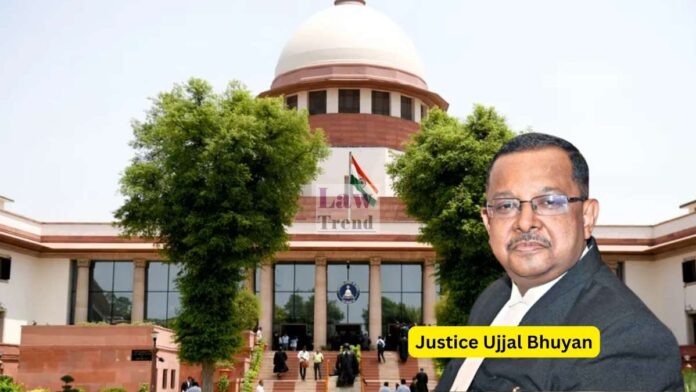In a significant development, the Supreme Court on Tuesday recalled its May 16, 2024 judgment that had invalidated the Centre’s decision to grant retrospective environmental clearances to projects found in violation of environmental regulations.
A three-judge bench comprising Chief Justice of India B.R. Gavai, Justice K. Vinod Chandran, and Justice Ujjal Bhuyan delivered a split opinion on the issue. While CJI Gavai and Justice Chandran favoured the recall of the May judgment, Justice Bhuyan dissented.
The recalled judgment, delivered by a bench of Justices A.S. Oka (since retired) and Ujjal Bhuyan on May 16, 2024, had struck down a 2017 notification and a 2021 office memorandum issued by the Ministry of Environment, Forest and Climate Change (MoEFCC). These instruments allowed post-facto environmental clearance (EC) to projects that had begun operations without the requisite prior environmental permissions.
At that time, the Court had ruled that the right to a pollution-free environment formed part of the fundamental right to life under Article 21 of the Constitution. It had categorically restrained the Centre from granting retrospective ECs to mining and industrial projects, holding that such clearances defeated the very purpose of environmental safeguards.
However, the judgment had provided a limited exception, stating that projects that had already been granted post-facto clearances prior to the ruling would not be affected.
Present Decision
With the May verdict now recalled, the validity of the Centre’s policy to regularise environmental violations through retrospective clearances appears to have been restored — at least temporarily — pending further judicial determination or potential policy revision.
Justice Ujjal Bhuyan, who was part of the original May bench and had authored the now-recalled ruling along with Justice Oka, stood firm in his dissent and disagreed with the decision of the majority to reopen the issue.
The recall has come in the wake of around 40 review and modification petitions filed by industrial entities, public sector undertakings, and government bodies arguing in favour of post-facto clearances, citing developmental imperatives and economic implications.
The matter had been heard by the current bench in October, with prominent legal voices including Solicitor General Tushar Mehta, and senior advocates Kapil Sibal and Mukul Rohatgi, presenting arguments on behalf of various stakeholders seeking modification of the May 2024 ruling.




